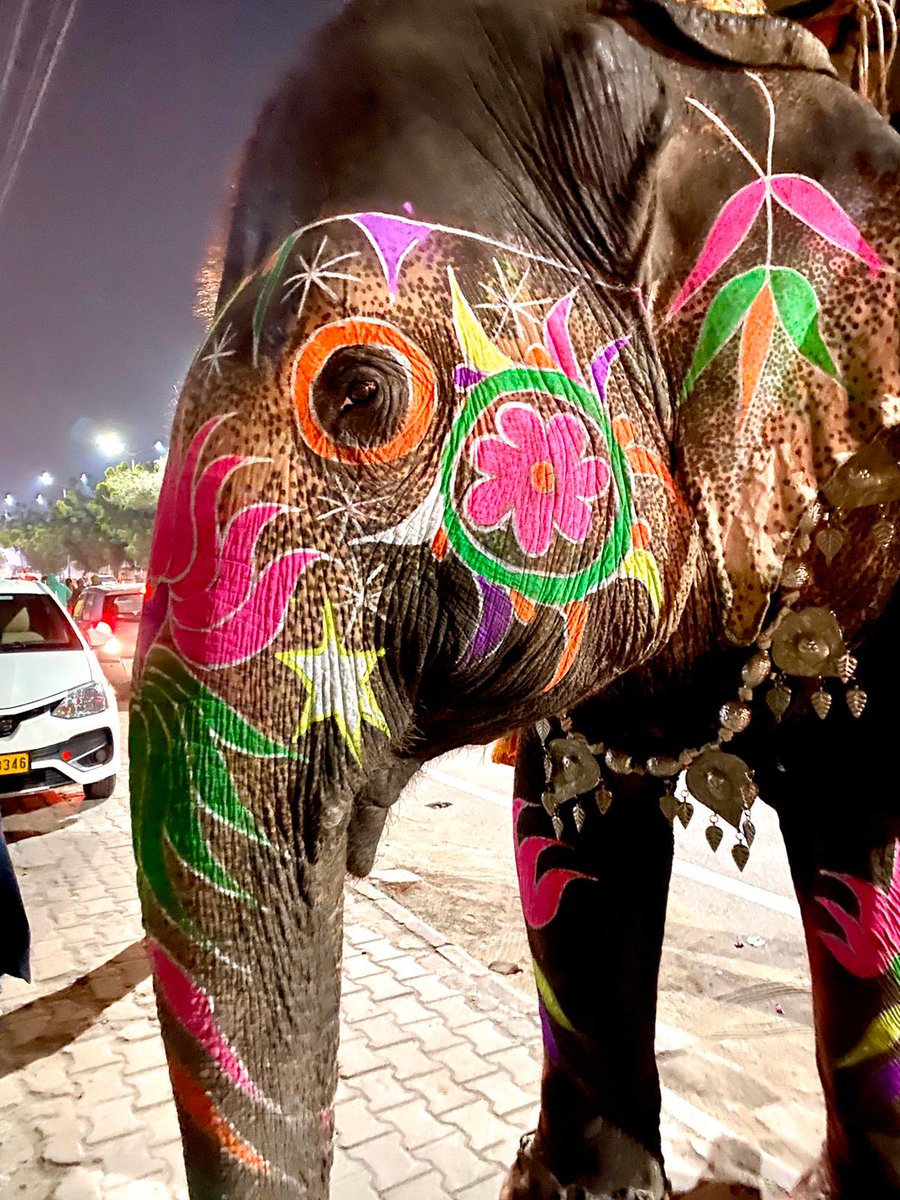
20 years ago today was my first day as a psychiatrist (Chase Farm Hospital. You could smoke in the mess).
Since then I’ve worked in general adult services caring for people with Severe Mental Illness (SMI).
What's changed? What's next? #20yearsinmentalhealth
A thread /1
Since then I’ve worked in general adult services caring for people with Severe Mental Illness (SMI).
What's changed? What's next? #20yearsinmentalhealth
A thread /1
1.People with SMI can find themselves on the margins of society, subject to multiple inequalities, dying years younger.
Stigma remains rampant, if improving. Under the surface many people, including in health & care, feel uncomfortable with or even fear people with SMI /2
Stigma remains rampant, if improving. Under the surface many people, including in health & care, feel uncomfortable with or even fear people with SMI /2
It’s imperative for people like me, like us, to work tirelessly on social inclusion, to use our voice to advocate for our patients in wider society, to educate others
#20yearsinmentalhealth/3
#20yearsinmentalhealth/3
2. We've allowed ourselves and our services to be marginalised in the same way.
Death by a thousand cuts has been inflicted on core mental health services. Cuts to services, even labelled “cost improvements”, improve nothing for people with SMI or those caring for them /4
Death by a thousand cuts has been inflicted on core mental health services. Cuts to services, even labelled “cost improvements”, improve nothing for people with SMI or those caring for them /4
There's now proper focus and funding for core services from @NHSEngland in the long term plan.
We should never again be silenced in funding discussions. Robust, responsive mental health care is critical to the health ecosystem
#parityofesteem
#20yearsinmentalhealth /5
We should never again be silenced in funding discussions. Robust, responsive mental health care is critical to the health ecosystem
#parityofesteem
#20yearsinmentalhealth /5
3. Relationships were, are, always will be key to recovery. That’s true for us all. Much more with an illness that destroys existing relationships and the ability to make new ones.
A relationship with a health worker, peer support worker or volunteer you trust? Life saving /6
A relationship with a health worker, peer support worker or volunteer you trust? Life saving /6
Whenever long-term interventions are replaced with short term ones, that benefit is eroded.
Co-opting "recovery" to justify premature discharge, "not creating dependency on professionals”- fig leaves for cost cutting.
Let's turn the tide on this
#20yearsinmentalhealth /7
Co-opting "recovery" to justify premature discharge, "not creating dependency on professionals”- fig leaves for cost cutting.
Let's turn the tide on this
#20yearsinmentalhealth /7
4.We mustn't lose sight of what is getting better.
Patient & carer involvement, coproduction, stronger legal safeguards, scrutiny in the media and public discourse, improved and more targeted medicines, psychedelics, neuromodulation, the focus on improving physical health /7
Patient & carer involvement, coproduction, stronger legal safeguards, scrutiny in the media and public discourse, improved and more targeted medicines, psychedelics, neuromodulation, the focus on improving physical health /7
Charity, voluntary & 3rd sector partners are doing amazing work (@MindCharity @Rethink_ ,many others) and, rightly, becoming part of the commissioned offer.
Our Royal college is ever more focused on addressing inequality and promoting inclusion across the board @rcpsych /8
Our Royal college is ever more focused on addressing inequality and promoting inclusion across the board @rcpsych /8
We’ve seen the emergence of brand new types of service – perinatal, complex trauma, adult ADHD.
There is always further to go but let’s take a moment to appreciate where we’re at
#20yearsinmentalhealth/9
There is always further to go but let’s take a moment to appreciate where we’re at
#20yearsinmentalhealth/9
5.Our trainee psychiatrists are a jewel in the crown of the profession (even if they can't now smoke in the mess). Bright, motivated, passionate about social justice. @rcpsychTrainees
A new kind of workforce, with more roles for those with lived experience, is emerging /10
A new kind of workforce, with more roles for those with lived experience, is emerging /10
I’m on the cusp of being part of a different generation, but I hope I have more to teach and I definitely have more to learn.
It's been an exciting ride so far. I wouldn’t have changed a thing.
And as for the next 20 years? Buckle up...
#20yearsinmentalhealth /11 ENDS
It's been an exciting ride so far. I wouldn’t have changed a thing.
And as for the next 20 years? Buckle up...
#20yearsinmentalhealth /11 ENDS
• • •
Missing some Tweet in this thread? You can try to
force a refresh





